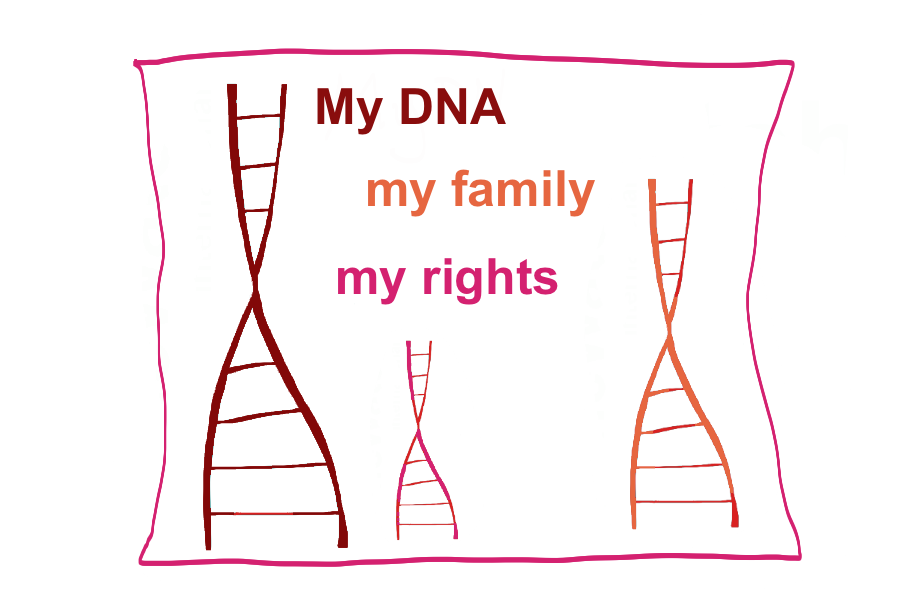Laws and Conventions
Genetic data:
UNESCO (2003). International Declaration on Human Genetic Data. 16 October 2003. http://www.unesco.org/new/en/social-and-human-sciences/themes/bioethics/human-genetic-data/
UNESCO (1997) Universal Declaration on the Human Genome and Human Rights. 11 November 1997. http://www.unesco.org/new/en/social-and-human-sciences/themes/bioethics/human-genome-and-human-rights/
Council of Europe (2008) Additional Protocol to the Convention on Human Rights and Biomedicine concerning Genetic Testing for Health Purposes. https://www.coe.int/en/web/conventions/full-list/-/conventions/treaty/203
Council of Europe (2016) Recommendation CM/Rec(2016)8 of the Committee of Ministers to the member States on the processing of personal health-related data for insurance purposes, including data resulting from genetic tests
Bioethics/human rights and biomedicine/health data:
WMA Declaration of Helsinki – Ethical Principles for Medical Research Involving Human Subjects. https://www.wma.net/what-we-do/medical-ethics/declaration-of-helsinki/
UNESCO (2006) Universal Declaration on Bioethics and Human Rights. http://unesdoc.unesco.org/images/0014/001461/146180e.pdf
Additional Protocol to the Convention on Human Rights and Biomedicine, concerning Biomedical Research. Council of Europe Treaty Series – No. 195. https://rm.coe.int/168008371a
Council of Europe Recommendation No. R (97) 5 on the Protection of Medical Data. 13th February, 1997. http://hrlibrary.umn.edu/instree/coerecr97-5.html
Media resources
Genetic paparazzi are right around the corner, and courts aren’t ready to confront the legal quagmire of DNA theft The Conversation, June 2022
A new article in The Conversation sounds a warning about genetic theft, with ‘genetic paparazzi’ coming not just with cameras, but with genetic kits coming to scoop up people’s DNA, and the lack of legal protections around our genetic information. How the law deals with celebrity cases is set, at least in part, to determine the rights everyone else will or will not have.
DNA gets left behind wherever we go, from the restaurant table we touch with our skin, to coffee cups with leftover saliva, and even dead skin cells that fall from people, leaving a detectable and collectable trail of DNA. Privacy concerns are a well-recognised issue, but incidences of genetic theft are occurring including the prominent example given in the article of a legal dispute between a former CEO of Marvel Entertainment and his wife, both accusing a millionaire of stealing their DNA to prove they were slandering him with hate-mail.
While current court cases deal with genetics as an issue of either privacy or as a form of property that can be interfered with or lost, legal frameworks are not currently confronting wider aspects including the privacy of genetic relatives, or any interests someone may have in the genetics discarded following a medical procedure, e.g. who owns a discarded appendix and the genetics within it?
Current legal frameworks in the US and elsewhere are not currently designed to deal with the complexities of genetic legal claims that raise issues with regard to privacy, health and disease, personhood, reproductive rights and family privacy.
Genetic paparazzi cases are shining a light on how societies grapple with genetic information, and are exposing a pressing need to update legal frameworks to protect citizens against the wide-ranging and interconnected issues that widespread collection of genetic information raises.
